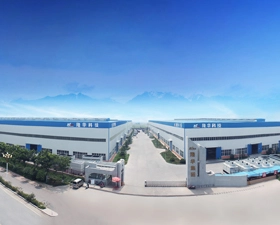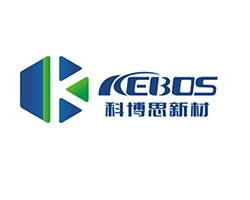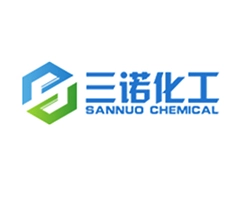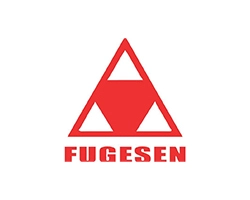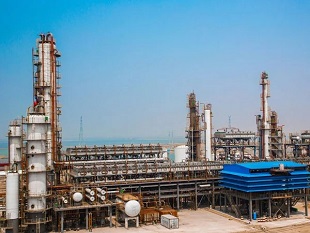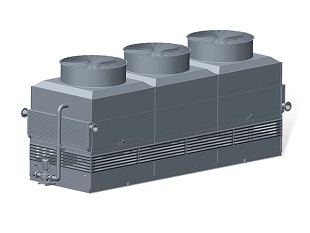The operating principle of a titanium coil is based on its unique properties, which are characterized by excellent corrosion resistance, biocompatibility, and low thermal expansion. The properties of the titanium coil make it the ideal material for use in various applications across numerous industries.
In the medical field, titanium coil is used in surgical implants due to its biocompatibility, which eliminates any adverse reactions in the human body. Its low thermal expansion also ensures that the material does not cause any thermal damage during surgical procedures.
In industrial applications, titanium coil is used in chemical processing and power generation due to its excellent corrosion resistance. The material is resistant to chemical and thermal stresses, making it suitable for harsh environments. Furthermore, its low thermal expansion ensures that the material does not deform or warp when exposed to temperature changes.
In the aerospace industry, titanium coil is used to manufacture aircraft components such as engine blades and structural components due to its strength, durability, and lightweight properties. Its high strength-to-weight ratio helps reduce aircraft weight, enhancing fuel efficiency and increasing payload capacity.
In conclusion, the operating principle of titanium coil is based on its unique properties and how they can be tailored to suit various industrial needs. Its applications range from aerospace, medical, industrial, and beyond due to its exceptional properties of corrosion resistance, biocompatibility, and low thermal expansion.


 EN
EN
 jp
jp  ko
ko  fr
fr  de
de  es
es  it
it  ru
ru  pt
pt  ar
ar  tr
tr 